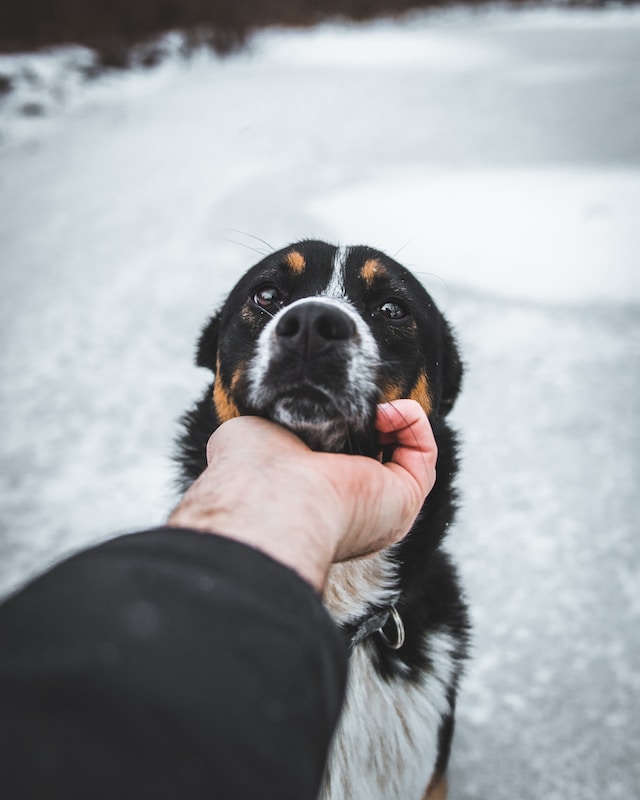What's the Difference Between 'Pet' and 'Petted'?
In this blog post we look at when to use pet and when to use petted.
'Pet' or 'Petted'?
When it comes to the English language, even seemingly simple words can sometimes cause confusion. Two such words that often perplex many are 'Pet' and 'Petted.' While they may appear quite similar in meaning, they are distinct in usage and grammatical tense.
In this blog post, we will explore the difference between these two words, why they are frequently confused, and provide examples to clarify their usage.
The Difference Between 'Pet' and 'Petted':
-
Usage as Verbs:
- 'Pet': The word 'Pet' is used as a verb when referring to the act of gently stroking or caressing an animal, usually to show affection or to soothe the animal.
- 'Petted': 'Petted' is the past tense and past participle form of 'Pet,' indicating that the action of petting has already occurred.
-
Grammatical Tense:
- 'Pet': Present tense form, describing an ongoing action.
- 'Petted': Past tense form, signifying that the action has taken place in the past.
Why Do People Confuse Them?
The confusion between 'Pet' and 'Petted' primarily arises from the close relationship in meaning between the two words. Both words are associated with interacting affectionately with animals, which can make it challenging to discern when to use one over the other. Additionally, English learners may find it tricky to grasp the subtleties of verb tenses, leading to errors in usage.
In conclusion, 'Pet' and 'Petted' may be similar in meaning but differ in grammatical tense and usage as verbs. Understanding these distinctions can help you use these words correctly and effectively in your communication. So, the next time you interact with your furry or feathered friends, you'll know whether to 'pet' or 'petted' them!
Illustrative Examples:
-
She loves to pet her cat while sitting on the couch.
- In this sentence, 'pet' is used as a present tense verb, describing the ongoing action of stroking the cat.
-
Yesterday, she petted the dog for hours, making him feel incredibly relaxed.
- 'Petted' is the past tense verb in this sentence, indicating that the action of petting occurred in the past.
-
Some people believe that you should never pet a wild animal.
- Here, 'pet' is used as a general verb to describe the action of stroking any animal, whether it's wild or domesticated.
Examples of Pet in a Sentence
Examples of Petted in a Sentence

